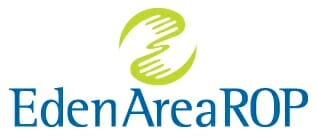Incentive for Businesses

Businesses in every industry-sector need skilled workers, but employers often struggle to find these workers. There are two critical ways to help bridge this gap:
- Contribute insight(s) into curriculum in order to foster relationships with teachers and support their development.
- Supporting work-based learning opportunities.
Direct Benefits
- Creates a pool of skilled potential future employees.
- Provides employees with opportunities to serve as ambassadors for the company.
- Improves employee retention.
- Reduces training/recruitment costs.
- Develops new projects with student assistance.
- Advances company reputation in communities as supporters of education and providers of good jobs.
- Positive impact in the development of your region.
- A stake in shaping curriculum and working with local teachers.
- Assisting in the development of a home-grown workforce.
If you are a local business and you're interested in participating with Work- Based Learning,
here are some are tips for engaging youth as a guest speaker:
Make it your own:
- Make it personal. As you talk about your work, use anecdotes from your own experience.
- Make it interactive. Get the students involved as quickly as possible: ask questions and encourage them to do the same. Asking questions about their exposure to your profession breaks the ice and simultaneously gives you a better feel for your audience.
- Make it concrete. Give specific, hands-on examples and use props and audiovisuals whenever you can. Discuss the tools of the trade: computers (PC, laptop), terminology databases, the Internet, email, fax, computer programs, etc.
- Make it fun. Use audiovisuals and/or a game format to keep your presentation lively and interesting. Photos, figures and icons work as visual memory triggers. Minimize verbosity.
- Make it count. Leaving something tangible behind will magnify the effect of your visit. Give the students souvenirs, and give the teacher a resource handout with pointers to more information on careers. Even a flyer about your job or a brochure on your employer that the students can keep will help them remember you and your talk.
Describe your work
- Typical workday routine
- Work environment
- Current or projected job market for individuals in your field
- If you have knowledge regarding other jobs within your industry, consider discussing similarities/differences in responsibilities, skills, work environment and educational requirements.
Use Communication Openers like
- Let’s have a show of hands. How many of you think/agree . . . ?
- Can anyone give me an example of . . . ?
- How many of you have/think/agree with . . . ?
- Who knows/has ever experienced/appreciates . . . ?
- Can anyone tell me what (blank) means?
- What do you think is the most important/interesting . . .?
- Under what circumstances do you think (blank) happens/is necessary?
- Can you think of a reason/possibility when. . . ?
- Does (blank) sound familiar to any you?




